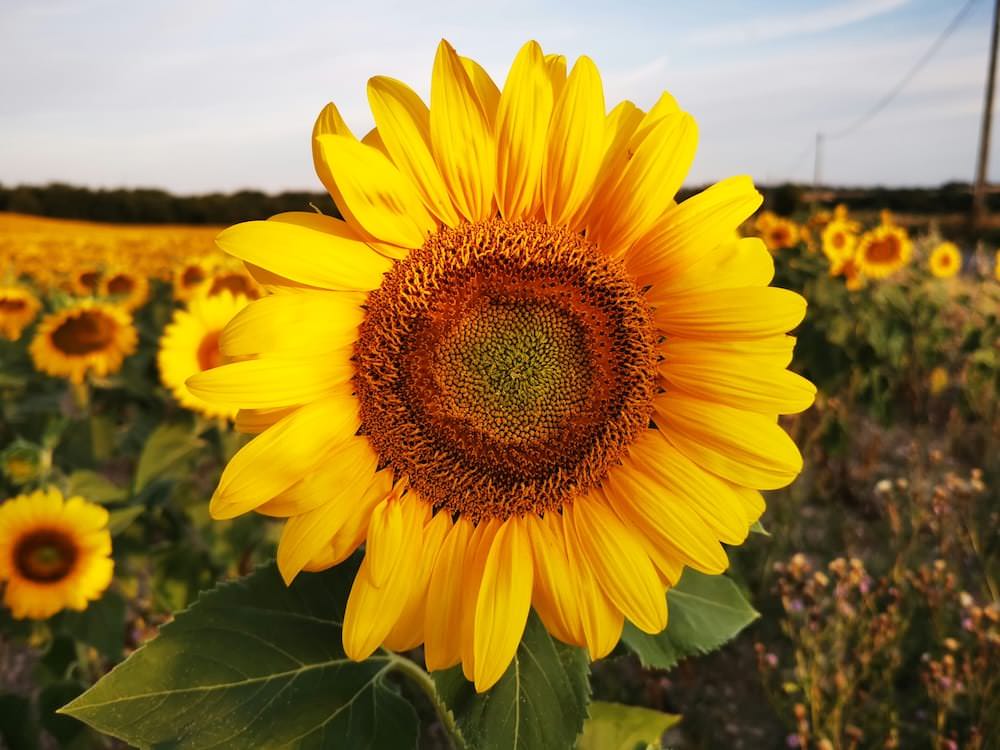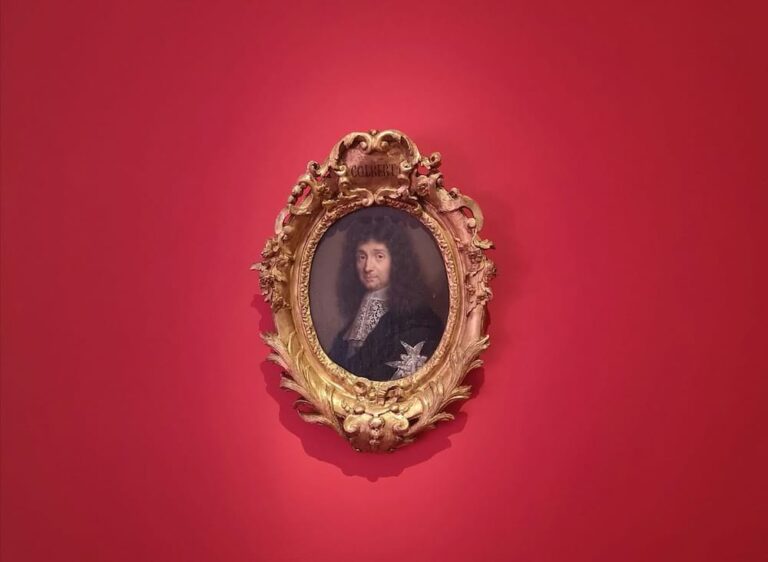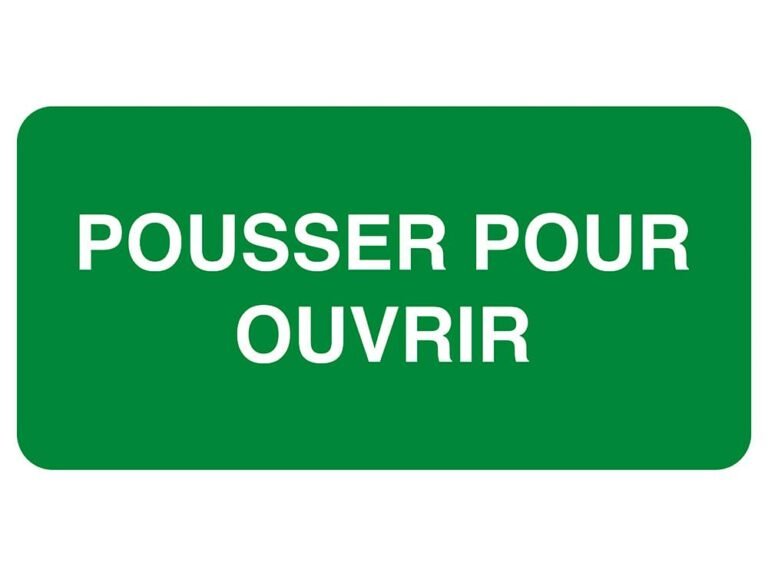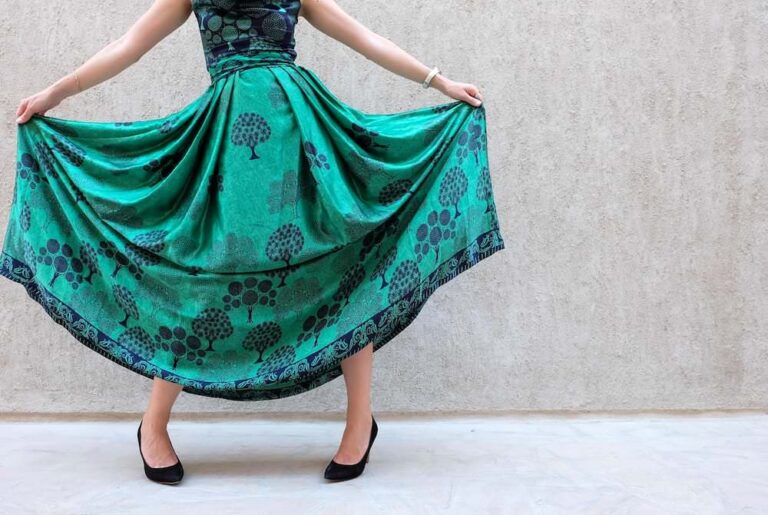to grow
The English verb “to grow” covers many different meanings. In French, however, several different verbs are used depending on the context. The most common ones are “grandir,” “croître,” “pousser,” “cultiver,” and “faire pousser.” Each is used in different situations.
Grandir
“Grandir” usually refers to a person, an animal, or sometimes an abstract idea becoming bigger, taller, or more mature. It often implies a natural or personal process of growth.
Examples:
- “L’enfant grandit vite.” = “The child is growing quickly.”
- “J’ai grandi dans une petite ville.” = “I grew up in a small town.”
- “Son influence a grandi avec le temps.” = “His influence grew with time.”
Croître
“Croître” is a more formal verb meaning to increase or to grow. It is often used in literary or formal contexts, and it is less common in everyday spoken French. It is frequently used for abstract things like power, confidence, or population.
Examples:
- “La population de la ville ne cesse de croître.” = “The population of the city keeps growing.”
- “Son inquiétude croissait de jour en jour.” = “His worry was growing day by day.”
- “La lumière croît à l’aube.” = “The light grows at dawn.”
Pousser
“Pousser” is used when something grows in the sense of sprouting, developing, or physically pushing out. It is very common for plants, trees, and even for hair or nails.
Examples:
- “Les fleurs poussent dans le jardin.” = “The flowers are growing in the garden.”
- “Ses cheveux poussent vite.” = “Her hair grows quickly.”
- “Un arbre a poussé devant la maison.” = “A tree grew in front of the house.”
Cultiver
“Cultiver” means to cultivate, to grow deliberately, usually with plants or crops. It implies human intervention and care.
Examples:
- “Il cultive des tomates dans son potager.” = “He grows tomatoes in his vegetable garden.”
- “On cultive le riz en Asie.” = “Rice is grown in Asia.”
- “Ils cultivent des roses pour la vente.” = “They grow roses for sale.”
Faire pousser
“Faire pousser” literally means “to make grow.” It is a common everyday way of saying “to grow” when speaking of cultivating something, especially in a garden or on a farm.
Examples:
- “Je fais pousser des herbes aromatiques sur le balcon.” = “I grow herbs on the balcony.”
- “Ils font pousser du blé dans cette région.” = “They grow wheat in this region.”
- “Elle fait pousser des orchidées chez elle.” = “She grows orchids at home.”
Other uses
In some cases, “se développer” (to develop) or “augmenter” (to increase) can be used instead of “to grow,” depending on the meaning.
Examples:
- “Son entreprise se développe rapidement.” = “His business is growing quickly.”
- “Les prix augmentent chaque année.” = “Prices grow every year.”






